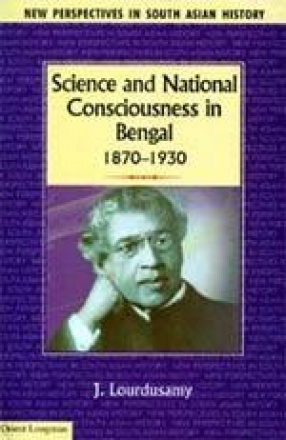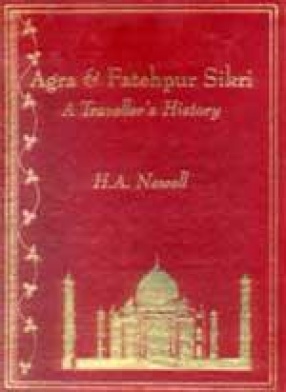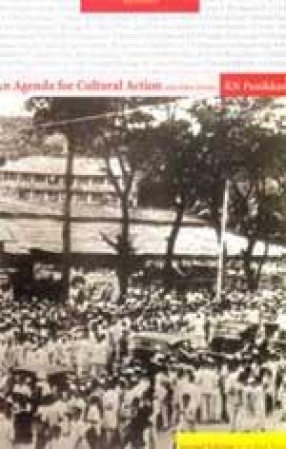This book gives a flavour of the Indian response to modern science by analysing the lives and careers of four scientifically influential personalities in Bengal. It throws light on some of the complex and paradoxical issues attending India’s engagement with modern science in the peculiar context of colonialism. While explicating the nuances of the response, this work also contests some broad generalisations which have a bearing on the subject. Lourdusamy uses this study to emphasise the importance of a prosopographical approach. His analysis of the careers of two scientists, J.C. Bose and P.C. Ray and two institution builders, Mahendralal Sircar and Asutosh Mookerjee, brings to light the issues related to science at a time of colonialism and nationalism. Scientists often had to depend on British institutions for legitimation and funding, while also supporting the nationalist cause for greater autonomy. One of the central claims of this book is that the protagonists aimed to contribute to a modern world science, one based on a strong sense of universalism. They did not aim to construct any "alternative" sciences, though they did express and apply their work by drawing on their cultural heritage. This makes science and national consciousness a work of particular relevance today, when a homogenous, instrumentalist and totally western conception of science is being globally accepted.
Science and National Consciousness in Bengal (1870-1930)
In stock
Free & Quick Delivery Worldwide
Bibliographic information
Title
Science and National Consciousness in Bengal (1870-1930)
Author
Edition
1st ed.
Publisher
ISBN
8125026746
Length
xii+260p.
Subjects





There are no reviews yet.